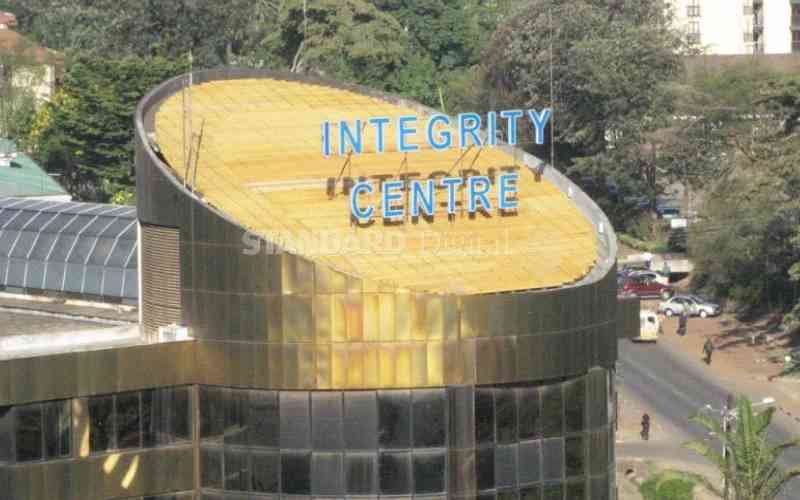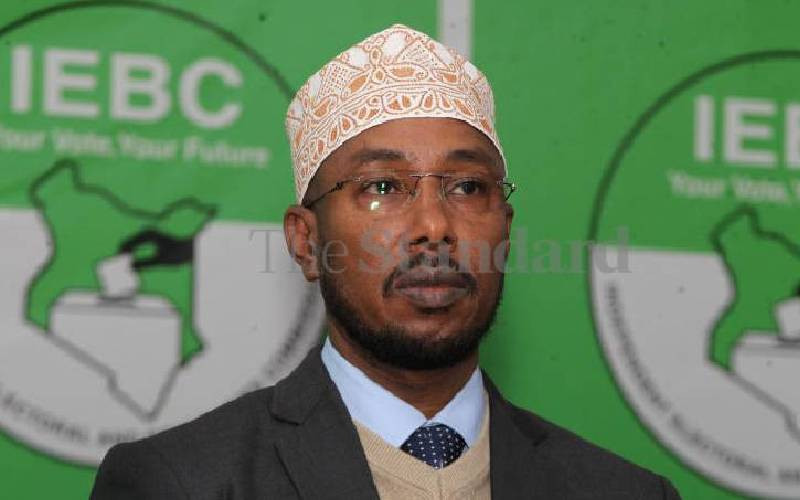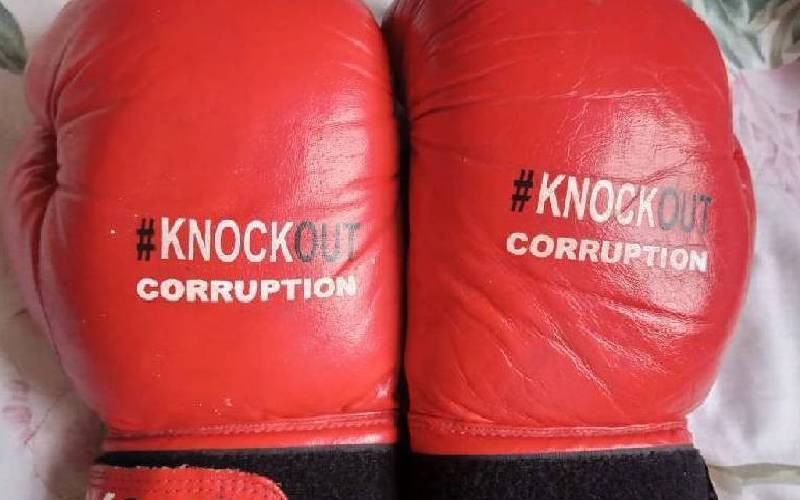
The High Court has ordered former Elgeyo Marakwet County official Livingstone Tanui, his wife, daughter and father to surrender several assets and cash to the State.
Justice Esther Maina of the High Court Anti-Corruption Division ordered Tanui, his wife Viola Jelagat Butiah, and their daughter to forfeit assets worth over Sh80 million to the government after finding that they were acquired through corrupt means.
The court ordered Tanui, his wife, and their daughter to hand over 17 parcels of land worth over Sh50 million located in Nandi county, a Subaru Outback, two farm tractors and over Sh2.1 million in cash held in bank accounts.
The judge also ordered the surrender of a motor vehicle and four parcels of land (LR Nos. 14019, 14020, 14021, and 14034), totalling Sh4.8 million, which were registered in the name of Tanui’s father.
The properties were deemed proceeds of crime, obtained through illicit activities involving the misappropriation of public funds from Elgeyo Marakwet County.
Justice Maina made the forfeiture orders after she determined that Tanui and his wife failed to provide a satisfactory explanation on how they acquired their multi-million shilling assets.
The judge ruled that Tanui and his wife deceived the court by claiming that they were both farmers who had acquired more than Sh38 million from farming and selling cattle.
ALSO READ: 34 Elgeyo Marakwet officials summoned over Sh300m loss
“The respondents allege that they were involved in farming and selling of cattle. However, there is no evidence at all that any money came into their accounts from such farming or cattle trade. They did not even bother to adduce evidence of the specific days they engaged in such business,” Justice Maina stated.
The judge also found that the Ethics and Anti-Corruption Commission (EACC) had proven that Tanui, his wife, and his daughter benefitted unlawfully from funds belonging to Elgeyo Marakwet County.
Tanui, who was responsible for overseeing salary payments in the county, has been accused of manipulating the Integrated Personnel Payroll and Database (IPPD) system to inflate his salary threefold.
According to EACC investigating officer Isaac Nakitare, between 2014 and 2017, Tanui’s legitimate monthly salary ranged from Sh77,527 to Sh103,893.
However, the court found that Tanui had approved payments totalling Sh12,533,982 to himself, including over Sh5 million to his Equity Bank account, Sh2.5 million to his Transnational Bank account and over Sh4 million to his KCB account.
The evidence also revealed that Tanui manipulated the salaries of other county employees, misappropriating a total of Sh20 million, which was funnelled into his accounts without their knowledge.
Stay informed. Subscribe to our newsletter
Justice Maina also disclosed that Tanui’s wife had been receiving salaries from Elgeyo Marakwet County, despite not being employed there. The judge referred to her as a “ghost worker,” based on evidence from her bank statements.
The court found that Tanui had authorized a total of Sh20.8 million in 180 transactions to his wife, Jelagat, across five bank accounts. In her KCB account, Tanui approved a single payment of Sh3.8 million.
“There is also evidence that his spouse received salaries from the County of Elgeyo Marakwet, despite not being an employee there. She was, in effect, a ‘ghost worker.’ The illegal payments are evident from her bank statements covering the period from March 22, 2016, to August 1, 2023. Almost all the funds credited to her accounts were from Elgeyo Marakwet, and the transaction descriptions are labeled as ‘salary,’” Judge Maina said.
Between 2016 and 2017, Jelagat’s accounts received significant salary payments from the county government, which she used to purchase multi-million properties in both her name and her husband’s.
Additionally, Tanui opened a bank account in his daughter’s name at Cooperative Bank. Despite her being under 18, he used the account to withdraw over Sh10 million.
The judge also concurred with the anti-graft body that Tanui sought to conceal the illicit source of his wealth by registering the acquired properties in his father’s name. This, the court found, was a deliberate attempt to disguise the origin of the assets and launder the illegally acquired funds.
“My finding is that the parcels were acquired by Tanui through money fraudulently obtained from Elgeyo Marakwet and that the purpose of registering them in his father’s name was to conceal and disguise their source, thus laundering the illicitly acquired funds,” Judge Maina ruled.
In his defense, Tanui had argued that EACC failed to prove that the landed properties and motor vehicles were acquired through proceeds of crime. He claimed that the properties were obtained through various legitimate income sources.
He said his wife was a civil servant and that they also grew maize on a large scale and reared livestock for sale.
 The Standard Group Plc is a
multi-media organization with investments in media platforms spanning newspaper
print operations, television, radio broadcasting, digital and online services. The
Standard Group is recognized as a leading multi-media house in Kenya with a key
influence in matters of national and international interest.
The Standard Group Plc is a
multi-media organization with investments in media platforms spanning newspaper
print operations, television, radio broadcasting, digital and online services. The
Standard Group is recognized as a leading multi-media house in Kenya with a key
influence in matters of national and international interest.
 The Standard Group Plc is a
multi-media organization with investments in media platforms spanning newspaper
print operations, television, radio broadcasting, digital and online services. The
Standard Group is recognized as a leading multi-media house in Kenya with a key
influence in matters of national and international interest.
The Standard Group Plc is a
multi-media organization with investments in media platforms spanning newspaper
print operations, television, radio broadcasting, digital and online services. The
Standard Group is recognized as a leading multi-media house in Kenya with a key
influence in matters of national and international interest.










